Last Updated on October 5, 2025
How to Have Fun in Recovery
At a Glance: Finding Joy and Purpose in Recovery
- Sobriety isn’t boring — it’s freeing. Recovery opens the door to new opportunities for growth, connection, and adventure that addiction once stole.
- Boredom can be a relapse trigger. Learning to fill your time with meaningful, healthy activities helps prevent emotional setbacks and supports long-term sobriety.
- Fun in recovery looks different — and better. From local outings and hobbies to volunteer work and creative projects, there are countless ways to enjoy life substance-free.
- Austin and Houston offer unique sober experiences. Whether it’s hiking Mount Bonnell, exploring the Menil Collection, or watching the bats on Congress Bridge, Texas is full of sober fun.
- You’re not alone on the journey. Nova Recovery Center provides inpatient, outpatient, and sober living options to help you rebuild a vibrant, fulfilling life after addiction.
Table of Contents
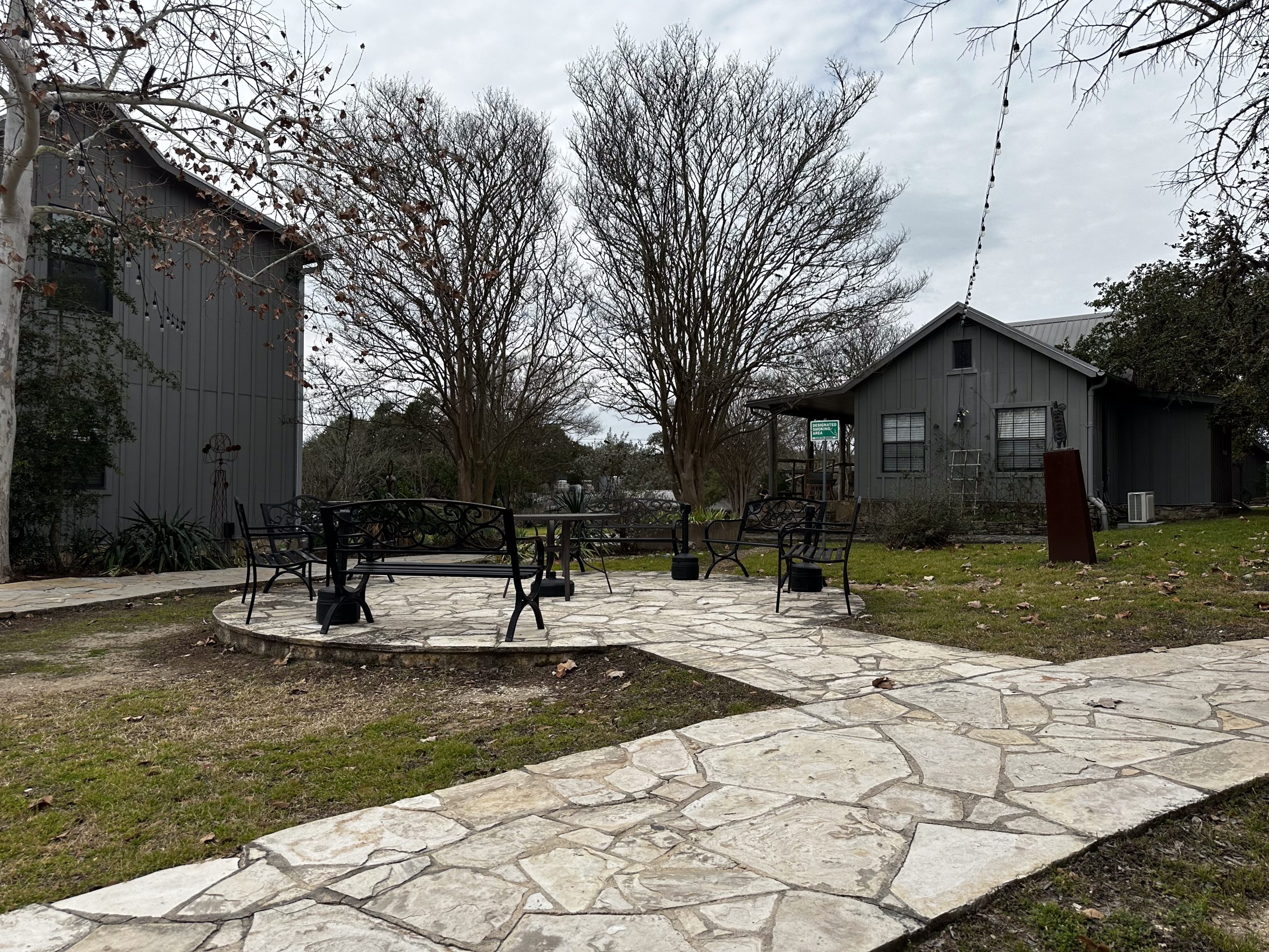

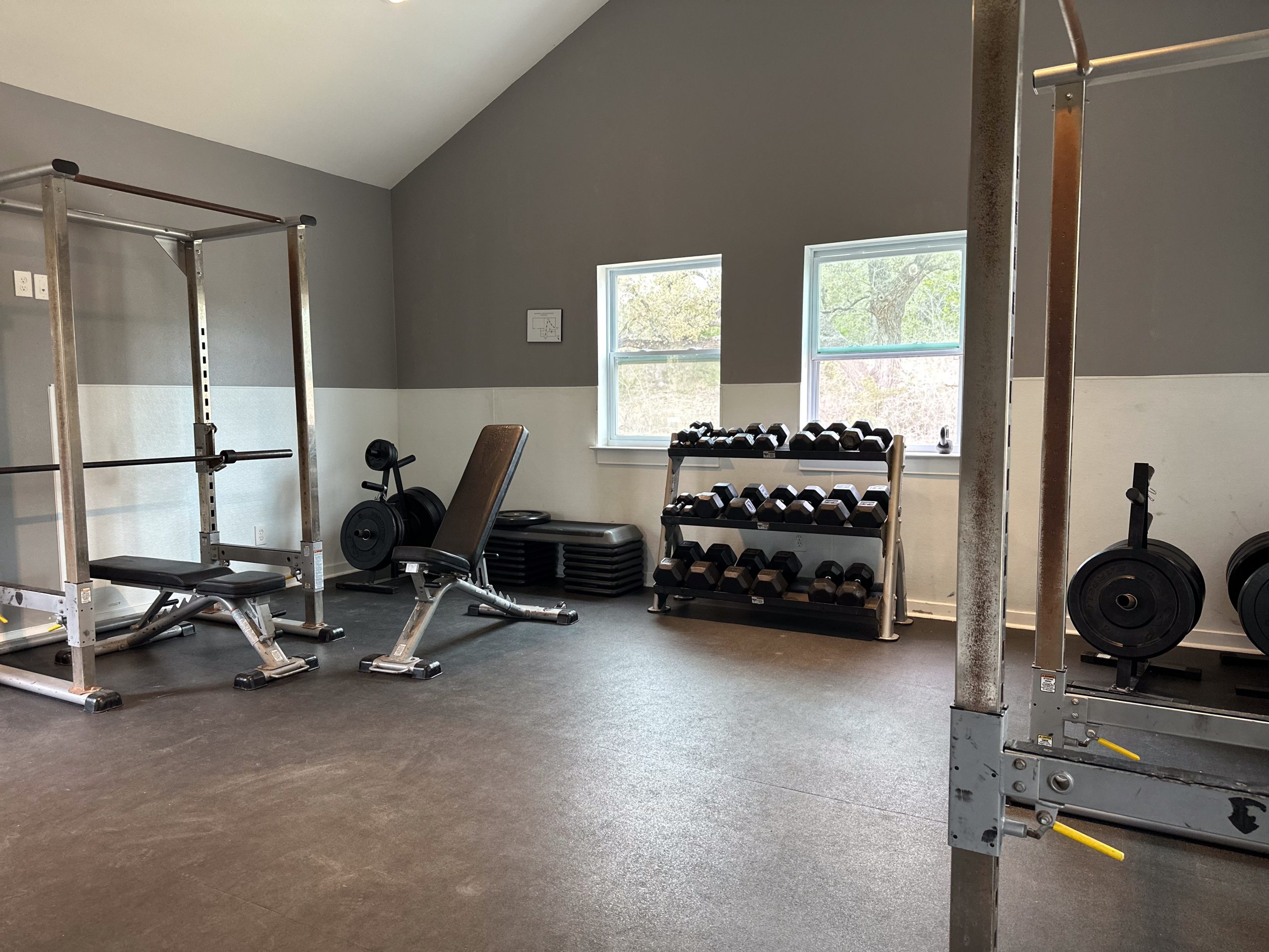
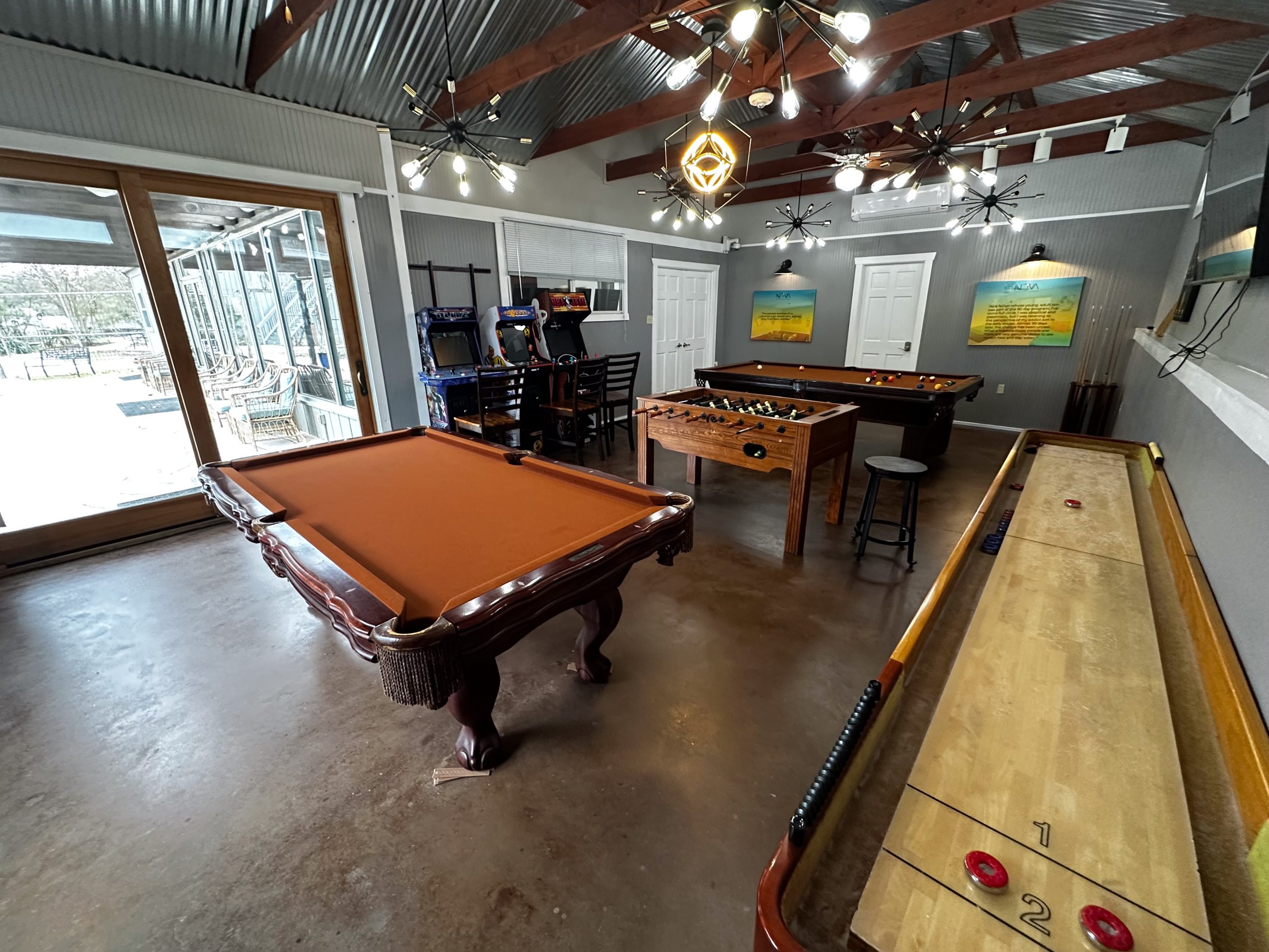
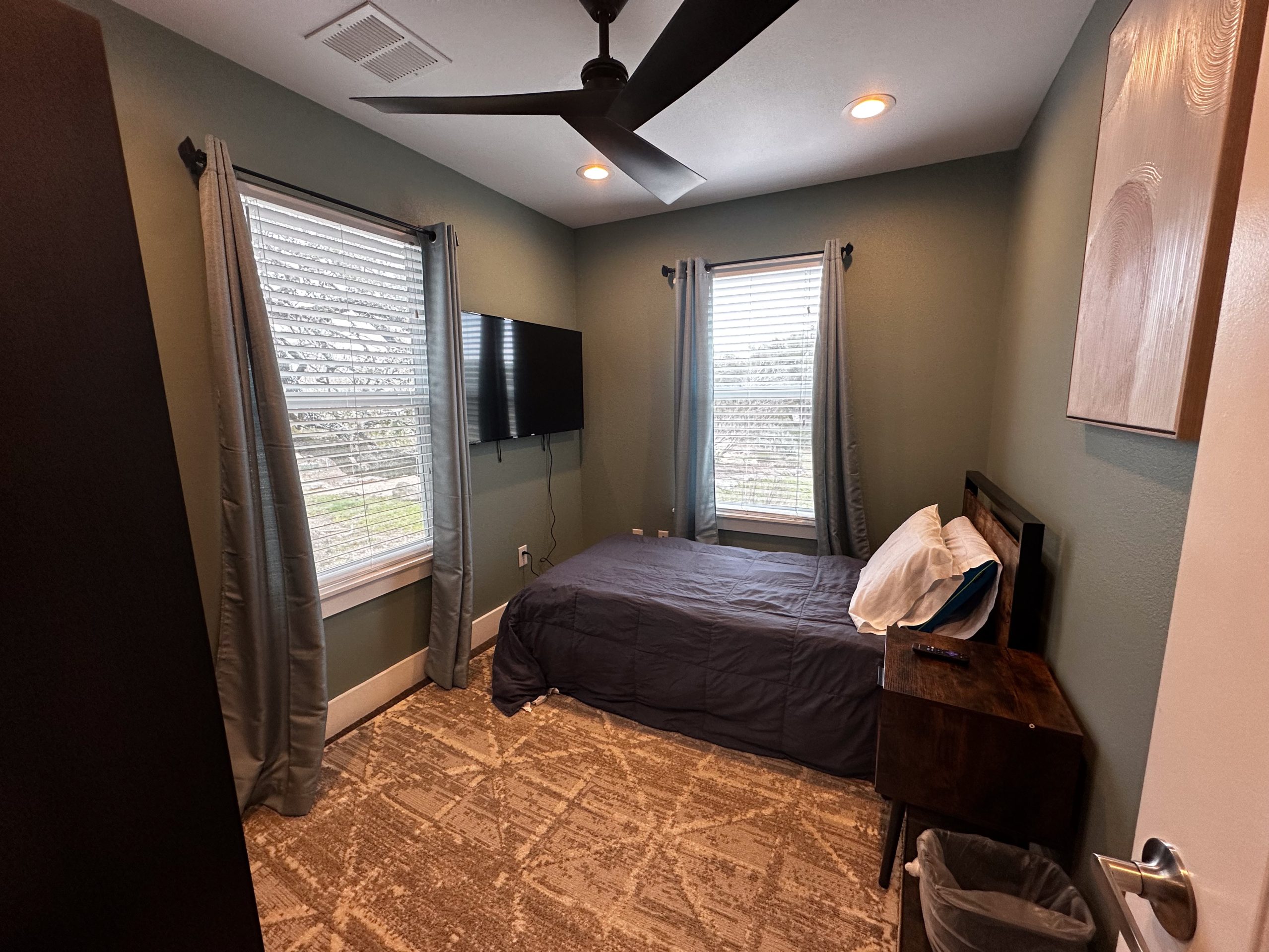
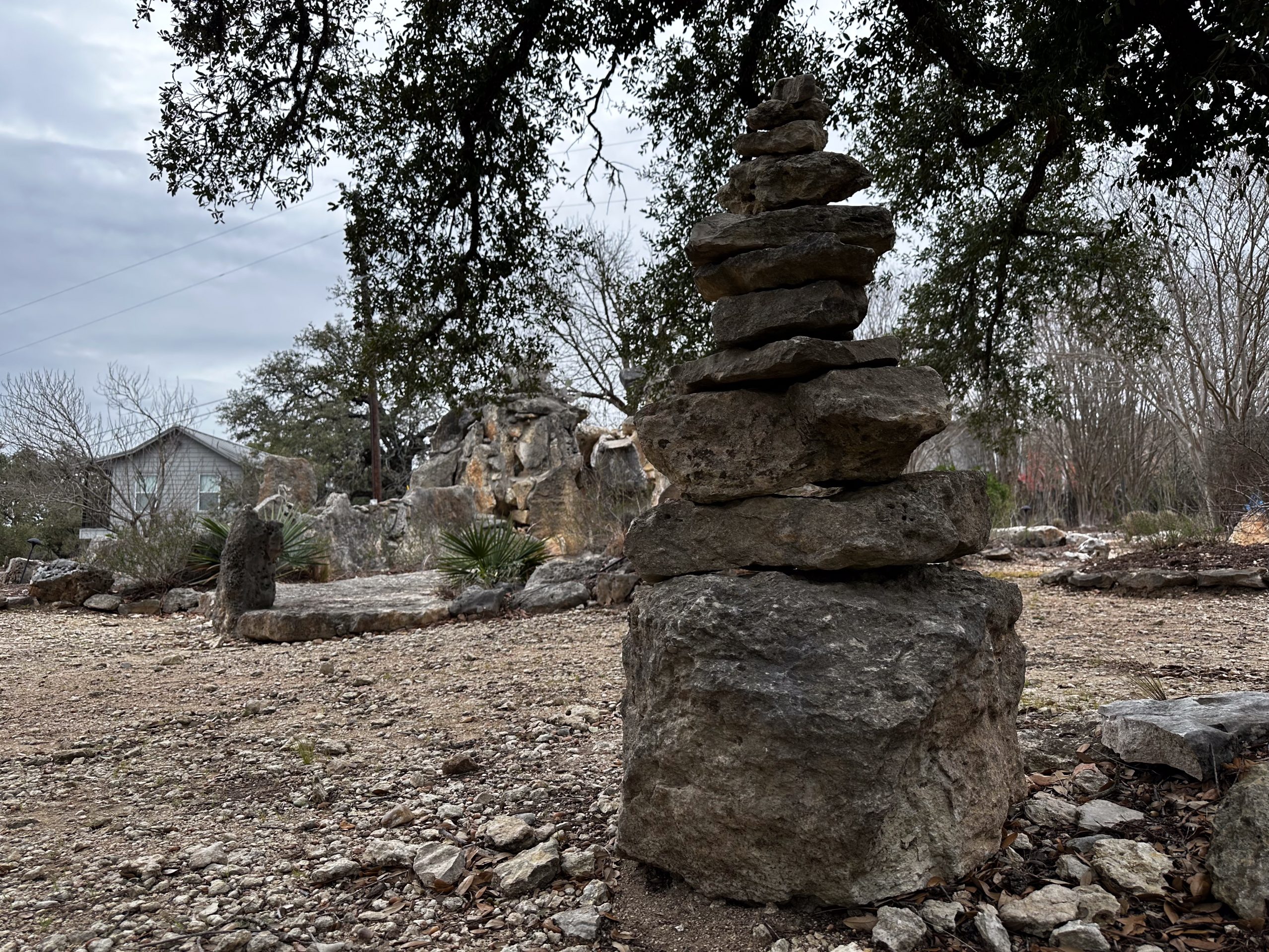
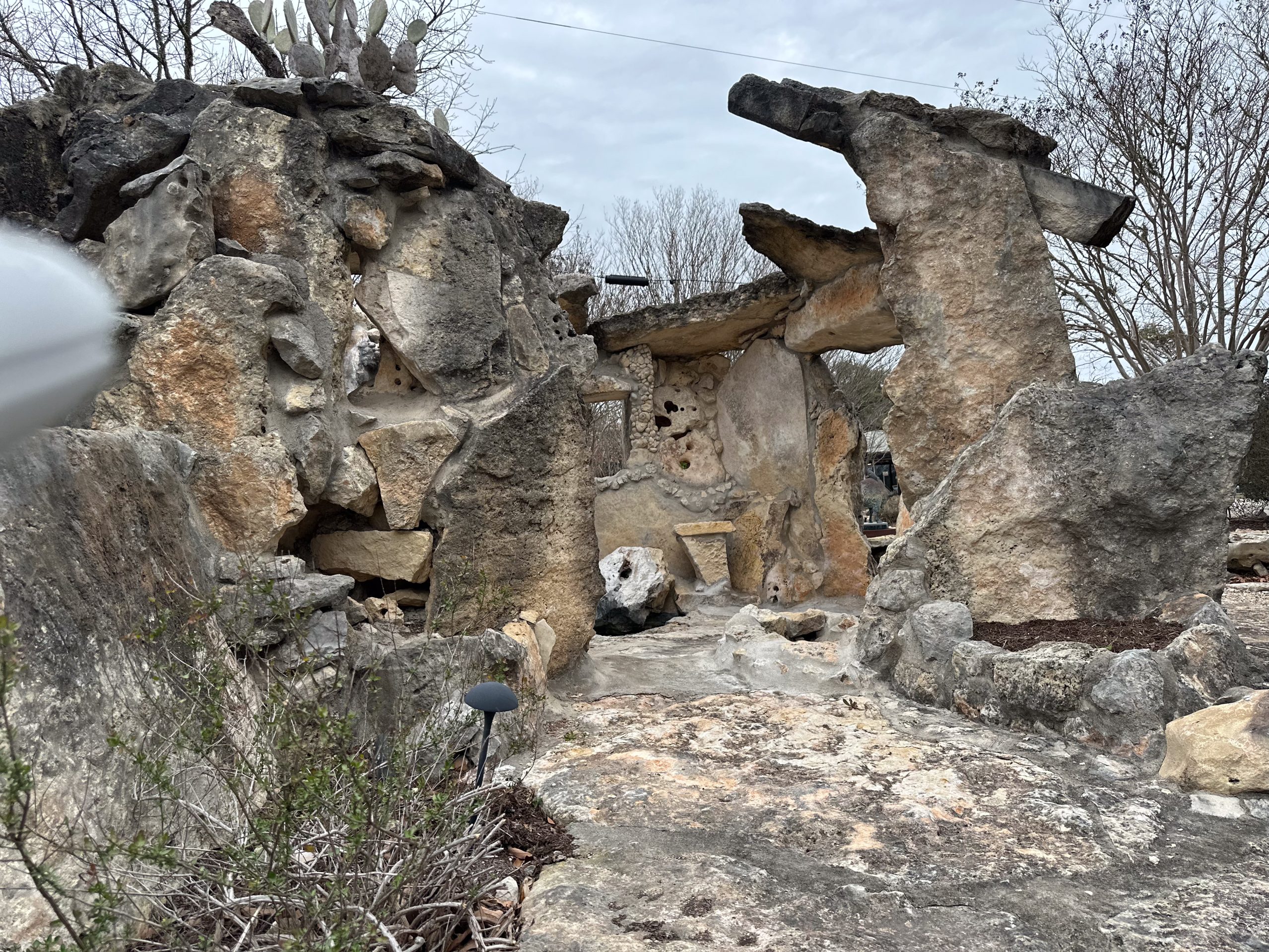
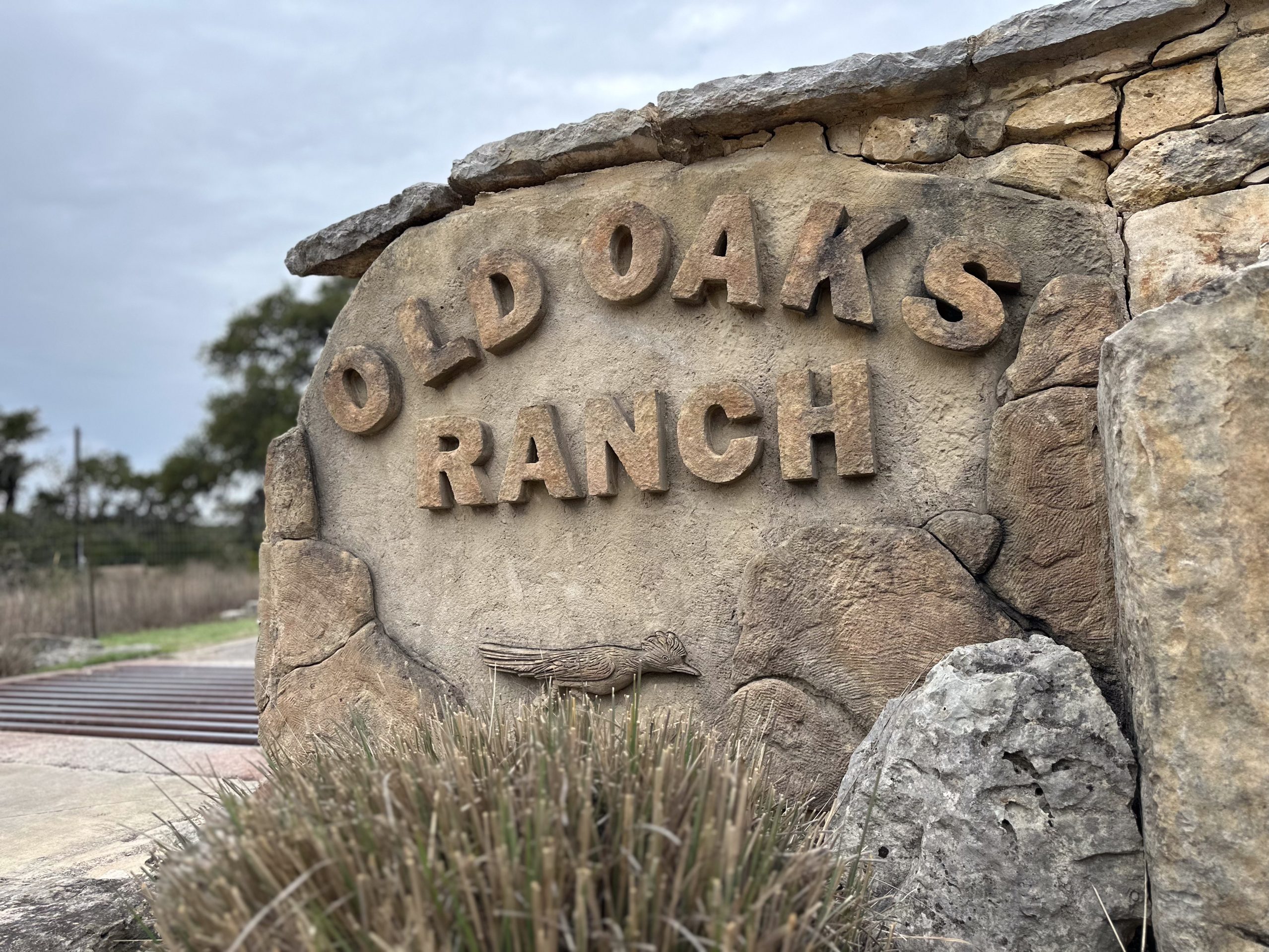

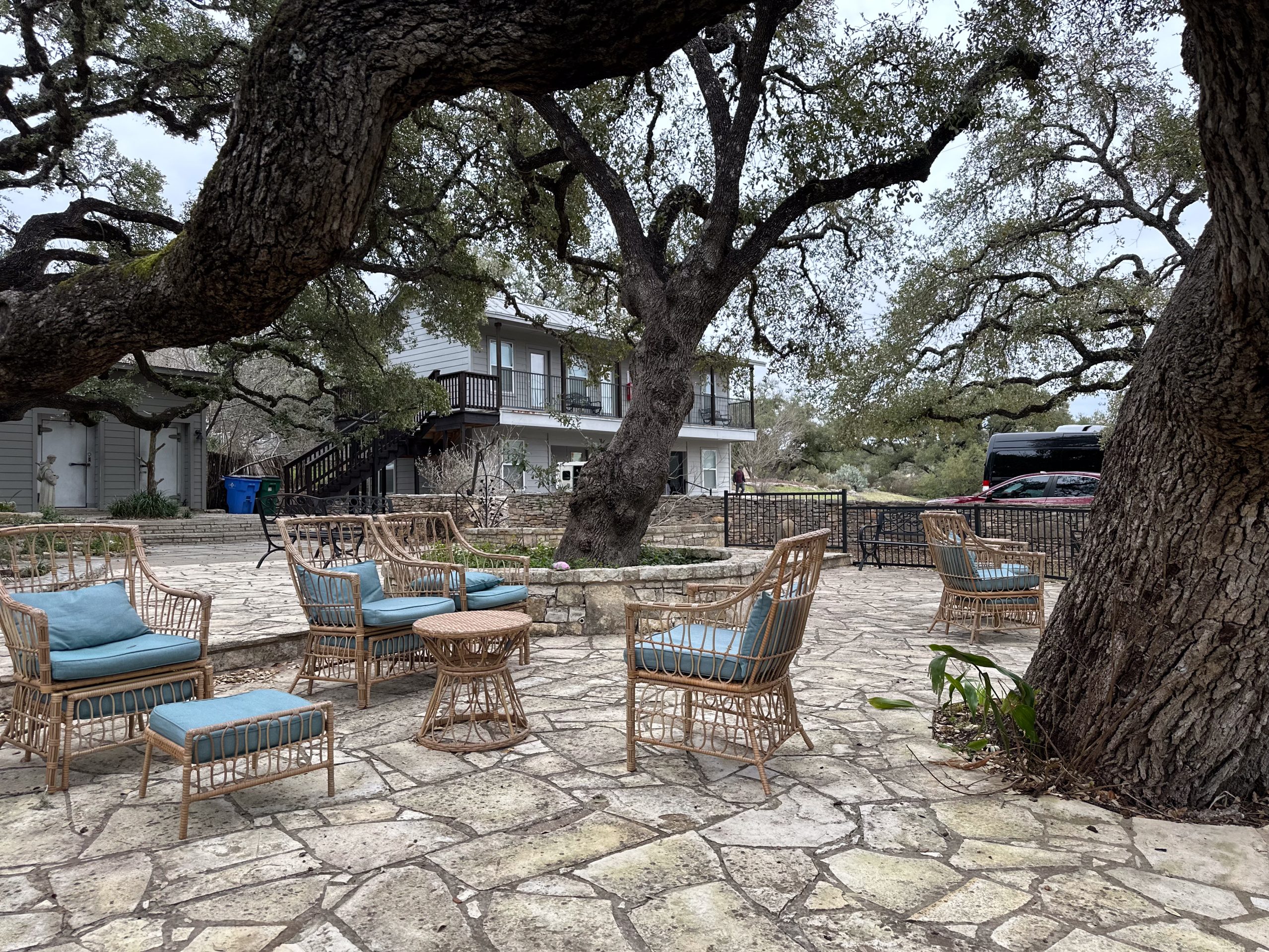
Is Sobriety Boring?
Recovery indeed changes a lot of things. For starters, if you’re getting clean, you’re eliminating certain unhealthy behaviors that used to occupy a lot of your time. Without the previous habits to fill your day, and without the substance abuse to dominate your thinking, you may feel like there is a gaping hole in your life.
That “hole” is not really an empty space at all; it’s a huge opportunity to finally experience a full life.
The notion of an empty life in recovery is a myth. After leaving behind the substance that at one time may have been controlling your life, you will be able to see how it was really a hindrance, keeping you from so many good things.
It may take a while for you to realize, but there are many wonderful things to enjoy and many ways to experience a truly fulfilled life, without the help of any substance. In fact, there are many reasons to love sobriety. Here are just a few.
- You get to live life in the moment. If you’re always drunk or high, you miss out on being mindful and living every single moment of life. When you’re sober, you have a clear mind, your memories aren’t foggy, and you won’t feel like your life is just passing you by.
- You develop authentic relationships. When you’re addicted, it’s hard (if not impossible) to establish healthy and authentic relationships because substance abuse always gets in the way. But when you’re sober, you finally get to enjoy and experience real relationships that are founded on mutual respect and other interests that don’t involve drinking or using drugs.
- No more awful hangover symptoms. Without blackouts and hangovers, you don’t have to wake up and wonder what you did last night or who you were with. You also don’t have to deal with miserable hangover symptoms like headaches, vomiting, and nausea, which can make going to work or school nearly impossible.
- You’ll have the tools to deal with stress and anxiety. Alcohol and drugs reduce your ability to deal with stress. But without those substances clouding your mind, you’ll be better able to manage stress and respond appropriately. If you complete a rehab program to get sober, you’ll also gain life skills and strategies for dealing with stress, anxiety, and other challenging aspects of life that are more difficult to manage when you’re drunk or high.
- You won’t feel ashamed or suffer from self-hate anymore. Many people who suffer from addiction deal with a lot of shame and self-loathing caused by their behavior. Along with sobriety comes the gradual ability to love yourself again, let go of all the shame, and deal with the uncomfortable feelings you previously masked with drugs or alcohol.
Freedom Starts Here. Take Back Your Life Today.
Same-Day Admissions in Austin Available.
Why Is Boredom a Bad Thing?
Boredom may not seem like it’s that big of a deal, but in sobriety, it can be the difference between life and death. A few of the primary reasons boredom can be dangerous in recovery include:
- Relapse: During the transition to sobriety, with large amounts of free time suddenly available, boredom can ensue and relapse is a potential risk. Build a relapse prevention plan to reduce the risk.
- Emotional turmoil: Boredom can lead to depression, anger, and bitterness. This emotional shift often produces thinking that sobriety is not everything it was supposed up to be. This can start the process of justification for using just one more time.
- Poor mental health: High levels of boredom have been associated with a variety of negative behaviors and adverse mental health effects. These include anxiety, hopelessness, loneliness, impulsiveness, academic failure, and occupational dissatisfaction and absenteeism. In fact, some initial evidence has been uncovered which suggests that chronic boredom may even be bad for our physical health.
How to Deal With Boredom In Recovery
So, how do you stay busy and not drink?
The dangerous reality of boredom in recovery highlights the need to have fun in recovery to avoid an increased chance of relapsing. It’s also important to do things that are productive and fun to fill the gap left by previous unhealthy activities.
Sometimes, it can be challenging to get started by identifying things that you enjoy doing and can afford. Whether you’re thinking, “What can I do instead of drinking at night?” or you’re just struggling to come up with hobbies and activities you might enjoy, we promise, the effort will be well worth it. It will be like a new adventure discovering yourself all over again or finding new interests you never considered before.
Far from being bored or feeling empty, once you get underway with your new life and new pursuits, you may be surprised to find there aren’t enough hours in the day to accomplish everything you want to do!
How Do You Have Fun While Sober? 23 Ways to Have Fun In Recovery
Having fun in recovery isn’t as difficult as you might think, especially if you have a group of sober friends who are re-discovering life sober alongside you. As you find new ways to keep yourself busy, it’s a good idea to try several different activities and hobbies. Whether you hope to rekindle an old passion or try something entirely new, there are plenty of excellent options that can help you keep your schedule full and your sobriety on track.
To get you thinking about the possibilities, here are a few ways to have fun in recovery:
- Take an evening class
- Bake or cook something elaborate
- Volunteer
- Go to the library
- Visit the art museum
- Go bowling
- Make a bucket list
- Learn to play an instrument
- Take an outdoor yoga class
Are you newly sober in Austin, TX? Below are a few random ideas for fun things to do in the Austin area. Maybe one or more will catch your fancy and give you a chance to do something unexpected.
- Pack a picnic and head to the gorgeous natural swimming grotto, Hamilton Pool.
- Watch 1.5 million bats emerge from underneath the Congress Bridge at dusk.
- Explore thousands of unique and strange items at the South Congress Store of Unusual Items.
- Hike up beautiful Mount Bonnell and observe the gorgeous vistas.
- Feed the ducks, swans, and geese along the Lady Bird Lake Bike and Hike Trail.
- Explore the eerie beauty and natural wonder of the Longhorn Caves.
- See a show or blockbuster movie at the historic Paramount Theatre.
If you’re newly sober in Houston, TX, here are some ways you can have fun in recovery around the city.
- Browse the art at The Menil Collection (it’s free!).
- Bike along the Buffalo Bayou.
- Have a picnic at Discovery Green.
- Take a walking tour at Rice University.
- Meditate or worship at Rothko Chapel.
- Check out the Water Wall at the Houston Galleria.
- Catch a show at the Miller Outdoor Theatre.
These are only suggestions and don’t even include possibilities like getting started on a new exercise program, rock climbing, trying your hand at drawing or painting, or countless other pursuits. Remember, you’re free to explore your own interests. After all, the time regained in recovery is your time!
If you’re newly sober in San Antonio, TX, here are some ways you can have fun in recovery around the city.
- Stroll or bike along the San Antonio River Walk.
- Visit the Japanese Tea Garden.
- Hike at Government Canyon State Natural Area.
- Explore the San Antonio Botanical Garden.
- Spend a day at Brackenridge Park
Get Back On Track In Recovery
If boredom has contributed to a recent relapse, you’re not alone in this. The caring professionals at Nova Recovery Center are here to help you get back on track. We offer inpatient, outpatient drug rehab in Austin, and online drug rehab in Austin with individualized programs that are designed to meet you where you are. Whether you need to complete outpatient detox first, or you’re able to jump right into a recovery program, our staff will customize your program to address your unique treatment needs. That way, you’ll have the best chance at achieving long-lasting recovery. If you’re interested in living at a sober house in Austin after rehab, we can also help you find one that suits your preferences, and budget.
If you need help to get back on track, contact Nova Recovery Center today at (888) 427-4932 to learn more about our rehab in Austin.
Frequently Asked Questions: Fun in Recovery & Sober Life
Is sobriety boring?
No—early recovery can feel flat because you’ve suddenly got more time and fewer old routines, but that phase passes as you add purpose, structure, and new interests. Many treatment and education resources emphasize that life in recovery can be full of meaning and joy with intentional habits.
What do sober people do for fun?
Plenty: hiking, concerts, museums, cooking nights, classes, game nights, volunteering, and creative projects. These activities tend to increase presence, connection, and memory-making—without the hangover.
How do I have fun without alcohol?
Plan around activities where drinking isn’t the focus (movement, arts, daytime events), go with supportive friends, and pre‑decide a few options you’re excited about. Experts suggest swapping alcohol with engaging, health‑promoting ways to relax and celebrate.
How do you socialize without drinking?
Choose events that genuinely interest you, bring (or order) non‑alcoholic options, and prepare simple, polite refusals to peer pressure. Building a go‑to list of alcohol‑free activities with colleagues or friends makes it easier to connect on shared interests.
How do I deal with boredom in recovery?
Treat boredom as a trigger. Create daily structure (sleep, meals, movement), schedule skills‑building or service, and keep a short list of “boredom breakers” (walk, call a friend, micro‑task). Education materials note that boredom is common early on, and proactive coping helps.
Can boredom cause relapse?
It can raise risk—especially in early recovery—because unstructured time can amplify cravings and negative mood states. Relapse‑prevention research and clinical guides recommend coping‑skills training and mind‑body strategies to reduce that risk.
What can I do instead of drinking at night?
Take a class, cook or bake something new, host a game or movie night, volunteer, read at a café or library, work on a creative hobby, or map out tomorrow’s goals. Curated lists of sober activities can jump‑start ideas if you’re stuck.
What are the benefits of being sober?
Better sleep, mood, and energy; clearer mornings; improved relationships; and often better health markers (e.g., weight, blood pressure, liver fat). Even short breaks from alcohol can yield noticeable improvements.
How do I find sober friends or a sober community?
Try local or online mutual‑support meetings (e.g., SMART Recovery), look for interest‑based groups (fitness, arts, volunteering), and use national directories for support programs. SAMHSA’s resources and meeting finders make it easier to plug in.
How do I stay busy in recovery (and keep momentum)?
Use a weekly routine that blends movement, social connection, meaningful work/volunteering, and rest. Clinical guidance highlights picking and practicing coping strategies, and even vocational engagement, to add structure and reinforce recovery.
Other Drug and Alcohol Rehab Locations
Medical Disclaimer
The information on this page is provided for educational purposes only and should not be taken as medical advice, diagnosis, or treatment. Recovery from addiction can involve physical, emotional, and psychological challenges that should be addressed under the care of qualified professionals. If you are struggling with substance use, mental health concerns, or experiencing thoughts of self-harm, call 911 in the United States or seek immediate medical help. For confidential mental health support, you can reach the 988 Suicide & Crisis Lifeline, available 24 hours a day.
Nova Recovery Center Editorial Guidelines
By instituting a policy, we create a standardized approach to how we create, verify, and distribute all content and resources we produce. An editorial policy helps us ensure that any material our writing and clinical team create, both online and in print, meets or exceeds our standards of integrity and accuracy. Our goal is to demonstrate our commitment to education and patient support by creating valuable resources within our realm of expertise, verifying them for accuracy, and providing relevant, respectful, and insightful data to our clients and families.
- Substance Abuse and Mental Health Services Administration. (2013). Counselor’s treatment manual: Matrix intensive outpatient treatment for people with stimulant use disorders (2nd ed.). SAMHSA. Retrieved October 5, 2025, from https://library.samhsa.gov/sites/default/files/sma13-4152.pdf.
- National Institute on Alcohol Abuse and Alcoholism. (n.d.). Pros & cons of cutting back on alcohol. Rethinking Drinking: Alcohol & Your Health (NIH). Retrieved October 5, 2025, from https://rethinkingdrinking.niaaa.nih.gov/thinking-about-change/pros-cons.
- Field, M., Puddephatt, J.-A., Goodwin, L., Owens, L., Reaves, D., & Holmes, J. (2020). Benefits of temporary alcohol restriction: A feasibility randomized trial. Pilot and Feasibility Studies, 6, 9. https://doi.org/10.1186/s40814-020-0554-y. Retrieved October 5, 2025, from https://pmc.ncbi.nlm.nih.gov/articles/PMC6995140/.
- Guenzel, N., & McChargue, D. (2023). Addiction relapse prevention. In StatPearls. StatPearls Publishing. Retrieved October 5, 2025, from https://www.ncbi.nlm.nih.gov/books/NBK551500/.
- Piché, F., Daneau, C., Plourde, C., Girard, S., & Romain, A. J. (2023). Characteristics and impact of physical activity interventions during substance use disorder treatment excluding tobacco: A systematic review. PLOS ONE, 18(4), e0283861. https://doi.org/10.1371/journal.pone.0283861. Retrieved October 5, 2025, from https://journals.plos.org/plosone/article?id=10.1371/journal.pone.0283861.
- Islam, M. F., Guerrero, M., Nguyen, R. L., Porcaro, A., Cummings, C., Stevens, E., Kang, A., & Jason, L. A. (2023). The importance of social support in recovery populations: Towards a multilevel understanding. Alcoholism Treatment Quarterly, 41(2), 222–236. https://doi.org/10.1080/07347324.2023.2181119. Retrieved October 5, 2025, from https://pubmed.ncbi.nlm.nih.gov/37312815/.
- Magidson, J. F., Andersen, L. S., Satinsky, E. N., Myers, B., Kagee, A., Anvari, M., & Joska, J. A. (2019). “Too much boredom isn’t a good thing”: Adapting behavioral activation for substance use in a resource‑limited South African HIV care setting. Psychotherapy, 57(1), 107–118. https://doi.org/10.1037/pst0000257. Retrieved October 5, 2025, from https://pmc.ncbi.nlm.nih.gov/articles/PMC7069775/.


